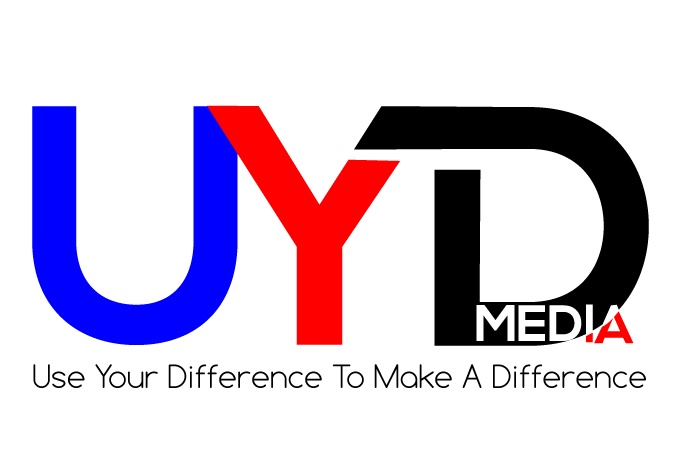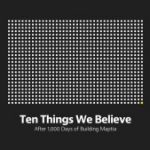If I told you I had a split personality, you might look at me strangely and feel a little uncomfortable.
But being a TCK feels like I live a double life. I have two locations I call “home.” I have two different “lives” on two different continents. I have two sets of friends, and two different ways to connect with them. I have two identities split into two places.
I leave my host country, Japan, with bows and best wishes and enter my passport country, the US, with hugs and handshakes. I leave my host country, respectfully quiet, and I enter my passport country with outgoing excitement.
My cultural conduct becomes polar opposite in the time it takes to fly across the Pacific.
My Inner Dice
As I’ve grown up abroad, I’ve developed an “inner dice.” When I integrate into different countries, cultural “faces” have slowly formed on my inner dice. I’ve learned to flip cultural faces depending on what country I’m in. I base my greetings, behavior, and mannerisms on my surroundings.
This is a normal occurrence for non-TCKs as well. They changes “faces” depending on who they’re with, where they are, or how they want to be perceived.
But for TCKs? It’s the EXTREME version. We don’t just change how we answer a question during small talk. We change our answer to the question. We don’t just conform to different settings. We conform to different worlds.
On that plane ride across the ocean, I leave half of myself behind and dig out my other half buried deep within. I roll my inner dice to the “other me.” This can feel inconsistent, like I’m leading a double (or triple, or quadruple) life as I transition from my host country to my passport country, and then back again.
Is this normal for TCKs? I thought. Is this just me? I wondered.
My type-A personality proceeded to the do the norm: research it.
I consulted with the TCK experts. What I discovered was quite interesting.
Flipping Faces
In their book Growing up Among Worlds, David Pollock and Ruth Van Reken explain that TCKs “intuitively conform” to their current, cultural “system.” (A.K.A. Inner dice and cultural faces are normal for TCKs. Woohoo!)
They write, “TCKs can go along with how life works in [each] system and it doesn’t conflict with how they think, what they like to do, what they want to be, or most important, who they are by their very nature. There is room in [each] system to express who they are at this core.”
I realized something about dice: each side of a dice still reflects the dice itself. Each side of a dice is essential in order for a dice to be complete and whole.
Each of my cultural faces still reflects me. Each face is essential in order for me to be complete and whole.
Variations of me are okay.
My cultural experiences, which have created the “faces” of my personality, are a part of who I am. I’m not being inauthentic when I change cultural faces.
I’m simply allowing a different face within me to surface—the face that connects most with those is my cultural context. I’m still me deep down, with the same dreams, thoughts, and nature.
My inner dice isn’t a sign of inconsistency. My inner dice is the key to cultural conformity and connection—an essential mechanism for the globally-mobile.
Instead of split-personality paranoia, I’m realizing this inner dice is a gift as I transition back and forth between my two worlds.




